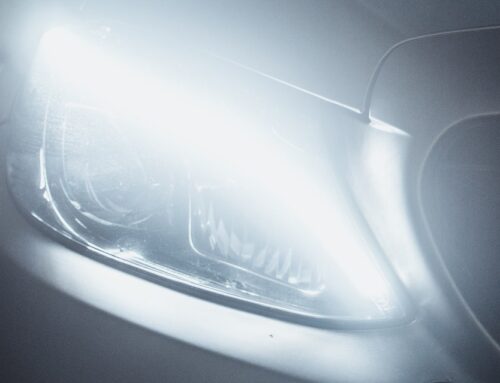William W. Hurst – Indianapolis Car Accident Lawyer
Imagine you’re driving home from work and see a red light in the distance. You begin to apply your brakes, but your vehicle doesn’t slow down. You then stomp the brakes and still nothing. At this point you’re likely panicking because you have no way to avoid entering an intersection with crossing traffic. What do you do? Is there any way to avoid the accident that now seems inevitable? Brake failure is scary, but we’re here to help.
Brake Failure Statistics
The National Highway Traffic Safety Administration’s (NHTSA) National Motor Vehicle Crash Causation Survey revealed that 
What To Do If This Happens To You?
- Take a Deep Breath: This is step one to averting any crisis situation. You have to gather yourself and allow your brain to function properly instead of in crisis mode. Your immediate reaction will be to continually slam the brakes, which may work depending no the issue (i.e., your brakes simply lost pressure), but isn’t always the best solution. So take a deep breath and gain your composure.
- Make Sure You Take Your Foot Off The Gas: This may seem self explanatory, but again you are likely not thinking straight. Allow your car to begin slowing naturally by taking your foot off the gas.
- Turn Your Hazard Lights On: If you’re just driving down a side street then putting your hazards on should be enough to warn others of the situation.
- Downshift: If you drive a vehicle with a manual transmission you know how to downshift. Doing so will cause your engine to slow the car down for you little by little. You will want to downshift a little at a time so you don’t destroy your transmission, but this will help. A good rule of thumb is whenever your car stops slowing down it’s safe to downshift again.
- Shift Into Neutral: Once you’ve reached First gear you can’t downshift anymore so you have to begin using alternative brakes such as your emergency brake.
- Begin Pulling Your Emergency Brake: Most, if not all vehicles have an emergency hand-brake. Usually this is a lever near your center console. Pulling up on this slowly will help you brake. Ripping it up in one clean pull on the other hand will likely result in your car spinning out of control. Use this to slow your car just like your normal brakes.
- Park: Most of the time you can completely stop your car using your emergency brake (this is how you park your car in a manual) but in some instances the emergency hand brake on an automatic may not be it may not be correctly adjusted or assembled. If you run into this problem slow you car as much as possible and then shift it into park. This should bring your car to a halt and your crisis to an end.
What If You Are Unable to Avoid An Accident Due To Brake Failure
In Ryan v. Leach, 215 N.E.2d 877 (Ind. Ct. App. 1966), the defendant claimed that brake failure, not his own negligence, caused him to rear-end the plaintiff. The trial court gave the following jury instruction:
“A person who is driving an automobile on the public highways is not bound to anticipate or foresee any mechanical failure on the part of his automobile unless he actually knew of the defective condition or could have discovered the same in the exercise of reasonable care. Therefore, if you find that the collision in this case was caused by a failure of the brakes on the automobile of the defendant, and if you further find that the defendant did not know that the brakes on his automobile were defective or that he could not have discovered the defective condition by a reasonably careful inspection, your verdict must be for the defendant.”
The plaintiff challenged that this jury instruction was improper because it did not contain the element of proximate cause. The court of appeals agreed with the plaintiff and found the instruction improper, but stated that if it had contained a proximate cause instruction it would have been proper.
So what does this mean? Well it means that if you have taken the necessary steps to ensure your brakes are working properly and then they fail unexpectedly, and that failure, not your own negligence, causes an accident then the brake failure is a defense to liability. The plaintiff in that case will not be able to recover from you, but instead will likely be forced to go after the manufacturer of either the brakes, the braking system, or the vehicle.





